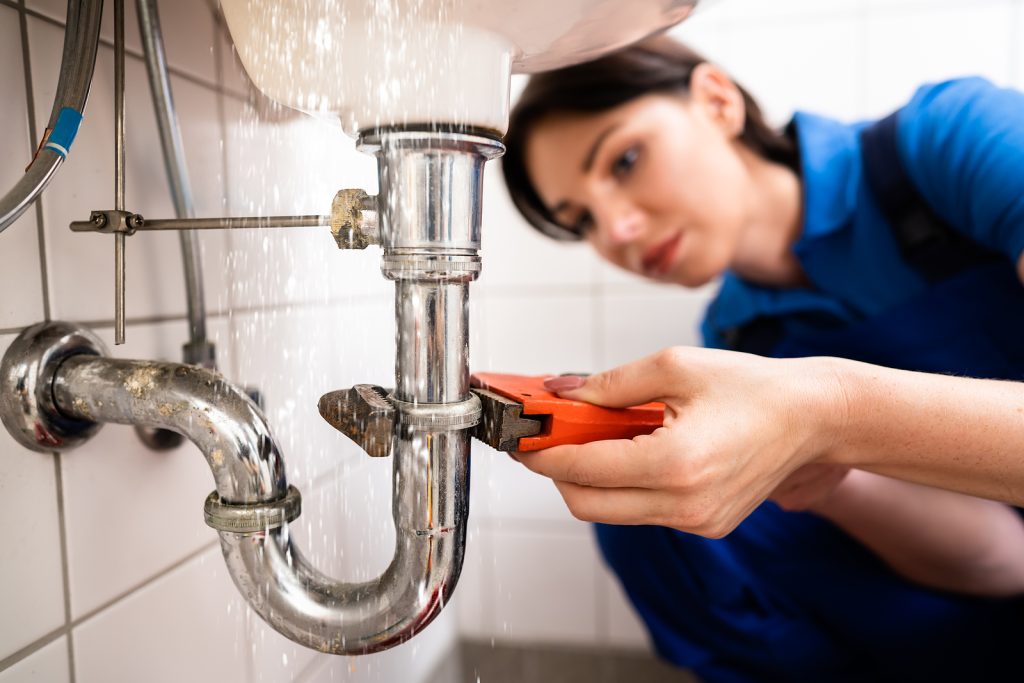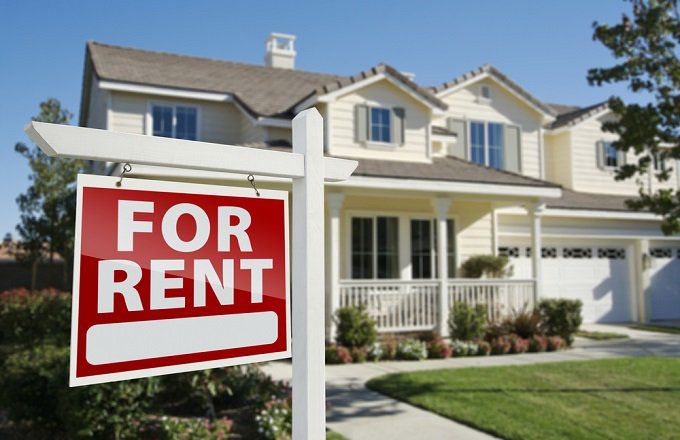Emergencies can strike at any moment, and when it comes to your home’s plumbing, being prepared is crucial. Whether it’s a burst pipe, a clogged drain, or a malfunctioning water heater, knowing what steps to take can mean the difference between a minor inconvenience and a major disaster. If you’re facing a plumbing crisis at home, remember to consult Emergency Plumbing 101 for a comprehensive guide on how to tackle it effectively.
Preparation is Key
Before disaster strikes, it’s essential to familiarize yourself with your home’s plumbing system. Know where the main water shutoff valve is located and how to turn it off in case of an emergency. Additionally, keep a toolkit stocked with basic plumbing supplies such as wrenches, plumber’s tape, and a plunger.
Immediate Steps When a Plumbing Emergency Occurs
In the event of a plumbing emergency, acting quickly can help minimize damage to your home. The first step is to shut off the water supply to prevent further flooding. Next, assess the situation to identify the source of the problem. Finally, contact emergency plumbing services for professional assistance.
Dealing with Different Types of Emergencies
Plumbing emergencies come in many forms, each requiring a unique approach. Burst pipes, for example, may require immediate repairs to prevent water damage, while clogged drains can often be cleared with a plunger or drain snake. Water heater leaks and sewage backups also require prompt attention to avoid further complications.
DIY Temporary Fixes
While waiting for professional help to arrive, there are some temporary fixes you can try to mitigate the damage. For example, patching a leaking pipe with plumber’s tape or using a plunger to clear a clogged drain. However, these fixes should only be used as a last resort and may not provide a permanent solution.
When to Call a Professional
In many cases, attempting to fix a plumbing emergency yourself can worsen the problem and lead to costly repairs. Signs that indicate the need for professional help include extensive water damage, persistent leaks, and foul odors emanating from drains. Hiring a licensed plumber ensures that the job is done correctly and safely.
Cost Considerations
Emergency plumbing services can be expensive, especially if repairs are needed outside of regular business hours. Factors that affect the cost include the severity of the problem, the time required for repairs, and the availability of parts. To avoid sticker shock, it’s essential to budget for unexpected plumbing expenses.
Preventative Measures to Avoid Future Emergencies
While it’s impossible to prevent all plumbing emergencies, there are steps you can take to reduce the likelihood of them occurring. Regular maintenance, such as inspecting pipes for leaks and cleaning drains, can help catch minor issues before they escalate into emergencies. Additionally, consider upgrading outdated plumbing fixtures to prevent future problems.
Conclusion
When faced with a plumbing emergency, remaining calm and knowing what steps to take can help minimize damage to your home. By familiarizing yourself with your plumbing system, having essential tools on hand, and knowing when to call for professional help, you can navigate any emergency with confidence.





